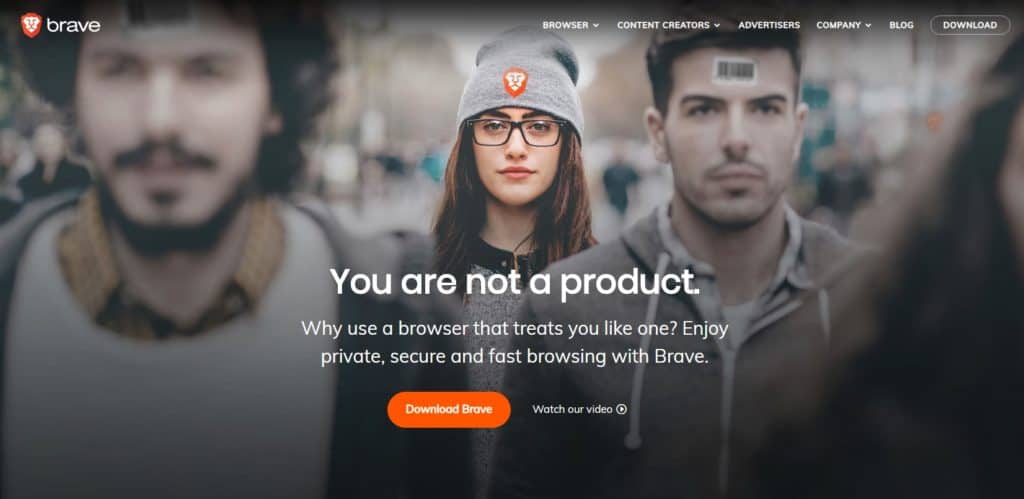
Before we continue with our online privacy & security series, let’s take a minute to review all the information we’ve discussed so far…
We’ve talked about exactly what online security is and gave you an overview of how you can protect your personal data. Then we talked about how some of the biggest companies that you do business with and trusted with your information have already been breached and lost your info.
We followed that up by giving you some options if you were actually a victim of one of those breaches. And lastly, we gave you an overview of credit monitoring and ID theft protection options.
So, if you have not already read all this information, you may want to jump back in our series and ‘catch up’ – you can find those articles here:
Online Security 101 – Protecting Your Personal Data Online
Data Breaches Put Your Personal Info At Risk
Your Options Once Your Personal Data is Compromised
Credit Monitoring & ID Theft Protection
Protect Online Privacy – Tourguard VPN
Use Code ‘CCM’ at Checkout & Save 50% For Life
Customer or Product
You may have heard the phrase “If you’re not paying, you’re not the customer, you’re the product.”
It was the phrase behind the development of the Brave Browser. Brave is a privacy-by-default web browser built on Chromium by the creator of Firefox.
Read More About Regaining Your Online Privacy With Brave Browser
This statement has never been more true than today.
However, whether it’s your favorite social media site or online retailer the likelihood is high that they are collecting data about you.
You might be thinking, “what type of data are they collecting about me?”
We’re glad you asked… although if we were to list all the data they collected about you and your online activities, you would be reading this for the next week… but, let’s give you a taste…
Some of the more common information collected about you include things like what websites you visit, how long you are there, where your mouse hovers while you’re there, what browser your using, your IP address, what type of digital device you are using…
If you happen to be using a mobile device, they record not only the type of device and how you have connected to the sites in question, but if you are sitting or moving, if the phone is actually being held and if so, in what direction it is moved…
Concerned yet? Pissed off yet?
Well, let’s give you a bit more… they monitor what you search for online, they monitor your emails and instant messages –
– YES, Facebook sees all those pics you send –
They monitor what you spend your money on, what time of the day you are online, what time of the day you make purchases online…
Sadly, all of this is just the tip of the iceberg! You might now be thinking what could be worse than that?
Well, more than likely, these entities collecting all of this data about you are doing so because you are the product. They are selling all this information to whoever is ready, willing and able to pay for it.


So, do you want to hear more?
Right now, we’re visualizing you yelling at me saying “NO!”
As much as we can appreciate why you not want to know more, we would be remise if we didn’t give you all of the information…
Data Brokers
Now that you’ve come to the uncomfortable realization that all of your online info and activity is being meticulously collected and sold off, here’s the harsh truth… there are a plethora of companies and entities whose entire business model revolves around buying up as much data as possible.
Enter data brokers.
We know, we know… you’re asking, “What is a data broker?”
We’re glad you asked!
Data brokers are, simply put, companies that aggregate, store and sell personal information.
Chances are, you’ve never even heard of them since they never have direct interaction with the people they are monitoring. They act as middle men between data sources. They move your information from any website or entity that stores this information and sells it to the data broker and the data consumers who buy the aggregated information from the broker for their own use.
There are a few types of data brokers and, somewhat surprisingly, they do not all operate with the malicious intent that you might assume based on recent news.
The four main fields of data brokerage are marketing and advertisement, risk mitigation, fraud detection and people search.
Marketing Data Brokers
The field you are most likely to hear about in the media are marketing and advertising data brokers. These firms are arguably, the ‘best of the worst’…
These are the guys who track your search history, your recent purchases, and any other breadcrumbs you leave online to market more effectively to you.
Have you ever found yourself inundated with advertisements for camping equipment after you ordered some replacement tent stakes on Amazon or started to see a particular movie advertised on Instagram just after you clocked on a trailer on another website?
These are examples of ways that companies use the data that you have left to advertise for items and services they think you are more likely to purchase.
Risk Mitigation Data Brokers
As you might imagine, there is no guarantee that this data is just going to the people who choose what banner ads you see.
Risk mitigation data brokers generally work with banks or insurance companies. They look at your lifestyle and purchase history to aid these data consumers in their decisions when you apply for a loan or attempt to purchase insurance.
If your personal data indicates that you are a healthy, cautious person then you might get a better deal. If the demographics you fall into have higher likelihoods of poor credit, risky decision making or poor health then this data may work against you, even if you yourself are none of these things.
Fraud Detection Data Brokers
Data brokers that work with fraud detection, like those that do risk mitigation, work primarily with banks.
They too are arguably the ‘good guys’ of the data broker world. They work to prevent fraud whenever you apply for a loan or a credit card.
If, for example, the information provided to a bank regarding a loan application appears to be inaccurate or illegitimate (i.e. stolen), then the bank is less likely to grant the loan… Thereby protecting the bank from giving money to an individual that is likely to just disappear with it.
People Search Data Brokers
The last type of data broker, people search sites, is the one that the average internet user is most likely to have some amount of experience with.
This type of data broker includes sites like Spokeo. Websites of this type allow people who are willing to pay to search and look-up someone’s information.
This information often includes home address, phone number, associated email addresses, employment details and even in some cases, a person’s social security number.
The Takeaway
Realizing that in this day and age, there is a demand for information about you and your habits can be sobering. However, it can also provide you with the edge you need to ensure that you are proactive in your approach to your online activities.
Starting with sharing your information with a few businesses and entities as possible is great, but often more aggressive actions are required, such as the use of encrypted email and VPNs.
Disclaimer
The information provided here is for INFORMATIONAL & EDUCATIONAL PURPOSES ONLY!
View our complete disclaimer on our Disclaimer Page



